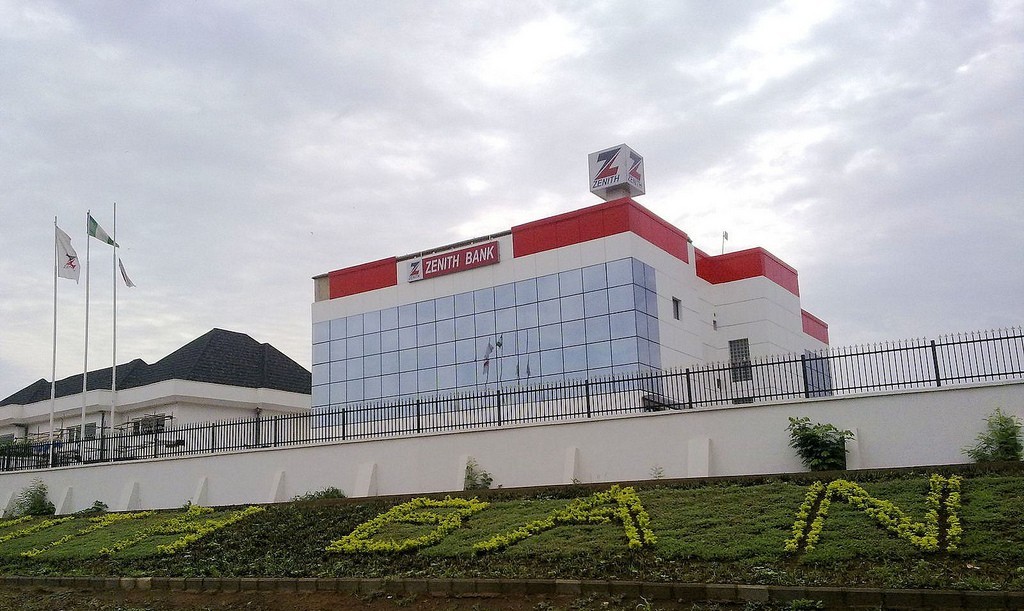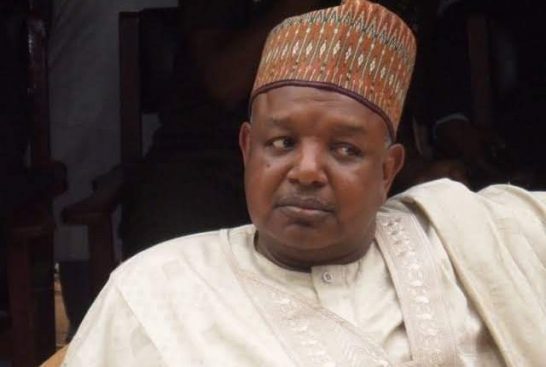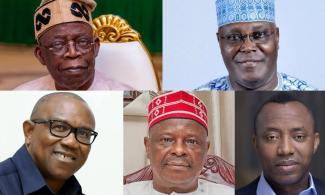10 Areas to Monitor Boko Haram in 2019 Politics
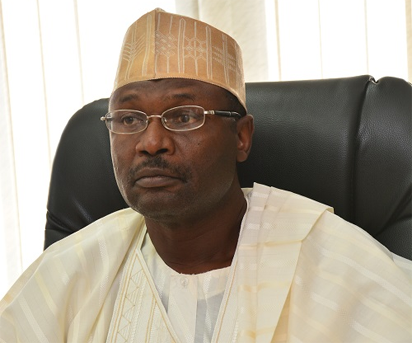
BokoHaram terrorists have become very daring, capturing communities in Gudunbali Local Government Area , attacking a military base in Baga, Kukawa LGA and even occupying Damasak in Mobbar Local Government Area of Borno state. Though the military has recaptured these locations from the sect, the death toll in these attacks is not known. The sect’s fighters are under pressure in Borno State. The tendency is that they could move from Borno to neighbouring states of Yobe and Adamawa if the firepower of the military is too fierce for them to cope with. They may even decide to take their violent activities to other parts of the North East and North-West in order to destabilise the military and security agencies. As Nigeria prepares for 2019 general elections, government cannot gloss over these attacks and wave them off as the terminal breathe of a defeated terrorist organisation. These attacks have political implications, as there is enough evidence that the sect’s violent activities have had impacts on elections in Nigeria since 2003.
1. Boko Haram rode to fame on the crest of politics:
The sectarian history of Boko Haram runs deep into the entrance of Salafi/Wahabist Islamic movement in Nigeria since the 1970s. However, Muhammed Yusuf’s Yusufiya Movement in the North East gained attention in the fallout of the political battle between the late Borno State Governor Mala Kachalla and former Governor Ali Modu Sherrif. After promising to institute ‘real Shariah’ in the State, Yusufiya movement, which had commanded followers in Maiduguri and rural communities added their weight to those of ‘ECOMOG’ political thugs to campaign and give SAS a smooth ride to the Government House in 2003. This is what Ambassador Galtimari report says about this: “Politicians in the country have employed the services of thugs and other groups and associations with large youth membership to intimidate their political opponents during electioneering activities. The roots of terrorism, especially in Borno, Gombe, Yobe and Bauchi States, could be traced to groups or associations such as ‘ECOMOG’, ‘Yan Kalare’ and ‘Sara Suka’ which have links to prominent politicians in these States.” From this perspective it is clear that Boko Haram may be devising its own strategies as 2019 is drawing nearer. It is a task before Nigeria’s intelligence community to identify these strategies and neutralise them.
2. The sect nominated members into Borno cabinet after 2007 elections
Though Boko Haram says it is against Western democracy and denounces political parties as Satanic and politicians as infidels, the sect had shown interest in political leadership in the North-East. After winning elections in 2007 former Governor Ali Modu Sheriff gave a commissionership slot to Boko Haram, and Alhaji Buji Foi, a Boko Haram leader was appointed as the state’s Commissioner for Religious Affairs. Several other reports proved that the sect was influential in the government, and that things fell apart between SAS and the sect over a breach of a clumsy deal to implement ‘real shariah’ in Borno State. The sect still may make efforts to infiltrate the next regime to ensure that those sympathetic to them have access to power at whatever level as 2019 presents another opportunity for power to change hands in the country.
3. The sect’s lust for a territory
Jihadist groups may not necessarily run a government, but they lust for territories. In Afghanistan, the Taliban controls a territory; in Pakistan, an al-Qaeda related sect controls a territory; in Yemen, the al-Qaeda in Arabian Peninsula controls a territory; and though ISIS has been decimated, it struggles to control territories in Iraq and Syria. To some extent, the political leadership in these countries concede these territories to them either because the army could not root them out or as a deal. In Nigeria, Boko Haram has been sacked from its Sambisa Forest base and pushed to the abandoned Lake Chad region. They may step up their fight to capture more territories as politicians concentrate on how to win the next elections.
4. Imitating other Jihadist Sects
As Nigeria marches into 2019 and the elections, security agencies should monitor the sect closely because it may attempt to re-enact that activities of Pakistani Jihadists. In the run-up to Pakistan’s July 2018 elections, the terrorist group killed over 200 persons in 7 attacks in an attempt to frustrate the elections. The Tehrik-i-Taliban Pakistan (TTP) suicide bombers targeted innocent voters, detonated their bombs, killing many innocent Pakistanis. The Jihadists had launched similar attacks since 2007, and on each occasion they killed hundreds of Pakistanis. Similarly, in the 2015 elections, Boko Haram warned Nigerians against going out to vote, and in March, it actually attacked locations and killed 41 in Bauchi in its attempt to frustrate the elections. The sect killed some persons in Gombe State also. Security operates should start gathering intelligence on the thinking of Boko Haram as the country prepares for 2019 elections.
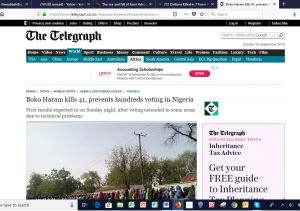
5. There are three kinds of Boko Haram
Boko Haram is factionalised between Abubakar Shekau and Abu Musab Al-Barnawi . This poses a lot of challenges, now that Mamman Nur, the pacifist factional leader has been killed. The leaders of the two factions are brutal, merciless and daring. But this does not alter the fact that there are three kinds of Boko Haram. Senator Mohammed Ali Ndume, in a 2011 interview, identified them thus: “There are now three aspects to Boko Haram issues. There is the original Boko Haram. There is the political Boko Haram. There is the criminal Boko Haram. Those who engage in criminality are the criminal Boko Haram. Those who issue political statements are the political Boko Haram. Those who are the original Boko Haram are the followers of Muhammad Yusuf, headed now by Abubakar Shekau. He was the second in command.” Security agencies have to identify and figure out how to deal with the different Boko Harams as 2019 approaches.
6. Boko Haram as a campaign instrument:
Since 2011, Boko Haram has been a campaign instrument in the hands of politicians. In Borno State, for instance, the Peoples Democratic Party (PDP) accused the then All Nigeria Peoples Party (ANPP) of being behind Boko Haram and warned that the party’s re-election would entrench the deadly sect. In 2015, it was a major campaign issue as conspiracy theories became more prominent than any other developmental issues. For instance, Boko Haram was seen as a creation of a northern elite purposely to destabilised and render Nigeria ungovernable for Jonathan. Others saw Boko Haram as a ploy by the government to siphon money from the treasury in the name of fighting the insurgency. It is expected that in 2019, both the ruling party and opposition parties will use Boko Haram as a political rhetoric. For instance, Buhari may be asking for another tenure to enable him complete ‘the good work’ he began.
7. Security votes justifiable in Boko Haram atmosphere
Hundreds of Nigerians in the top echelon of the security sector have been made wealthy by Boko Haram, thanks to security votes. The government’s annual budgets for the sector in the last nine years since the terrorists went wild have been on the average the sum of N1 trillion. Somehow, the amount Nigeria has spent on insurgency over the years would be enough to run Nigeria in one year. The probe into military contracts under Jonathan provides an insight into how politicians could profit from the bloodbath in the North-East. After all, the primary duty of government at local, state and federal levels is to provide security for their people.
8. Transparency of elections in Boko Haram infested areas:
Can there be a transparent election; a situation in which those in Boko Haram infested areas will be able to vote for politicians of their choice? This sounds impossible. It will be easier for parties in power to win in communities that have been harassed by Boko Haram than for an opposition party to make an in-road in there. This is simple. Most communities depend on hand outs from governments and Civil Society Organisations. It will be foolish for them to bite the finger that feeds them. Political analysts know that the North-East may have already been won by the All Progressives Congress (APC) even before the elections are held, no matter how hard the Peoples Democratic Party (PDP) works.
9. Boko Haram and political killings
Perhaps a major concern now that Boko Haram has stepped up its violent activities in the North-East is the tendency for politicians to take over the battle from them to the doorsteps of their enemies. In 2011, a candidate of the ANPP ahead of the 2011 Governorship elections in Borno, Modu Fannami Gubio, was killed in a Boko Haram-styled attack. Though Boko Haram at a point denied involvement, our security agencies have not unravelled those behind the killings. If it is convenient to kill in the name of Boko Haram and go without security operatives rattling the killers, then politicians could wear the mask of Boko Haram and take life out of their opponents in order to have their way. Security operatives should rise to this challenge as we march into 2019.
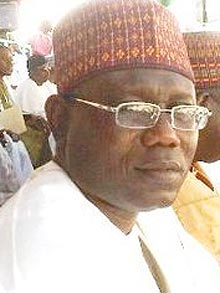
10. Watch out for ‘new Boko Haram’
Though they claimed to be religious purists, Muhammad Yusuf and Abubakar Shekau sought political recognition and paid back by asking their followers to support politicians who paid attention to them. In the run-up to 2019, several religious groups have begun to emerge and politicians have begun to identify with them in the hope that they would urge their followers to vote for those politicians. Sadly, that was the spirit of Boko Haram. It could be re-enacted in the next elections. Perhaps, it is not wrong to solicit for votes from such sects. But if their leaders go wild and take anti-establishment positions, the politicians they helped into power would not be able to look them in the face and ask them to stop or bring them to book. That was the crisis Ali Modu Sheriff faced went the sect went wild in 2009. In Yemen, its late President Ali Abdullah Saleh danced with Jihadists, thinking they were only against Americans and the West, but he and Yemen were consumed in the violence. So politicians who enter into deals with religious sects must beware. If the sects go wild they will consume the country.

